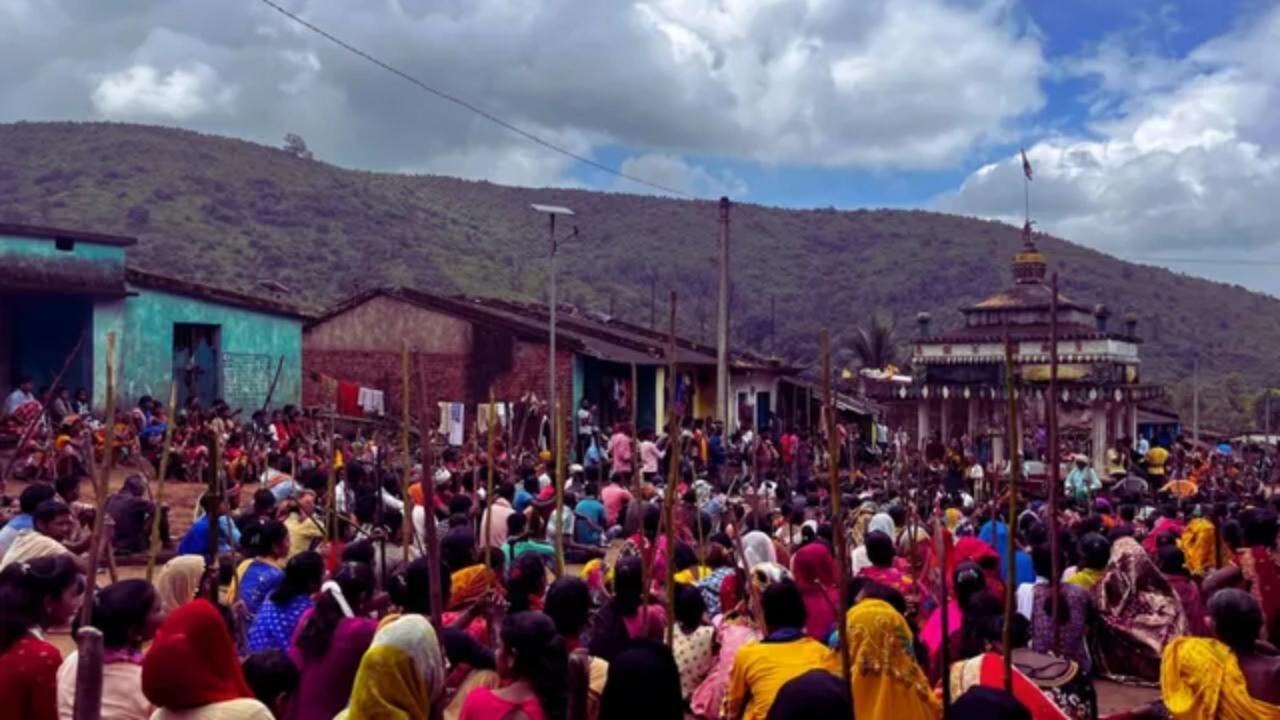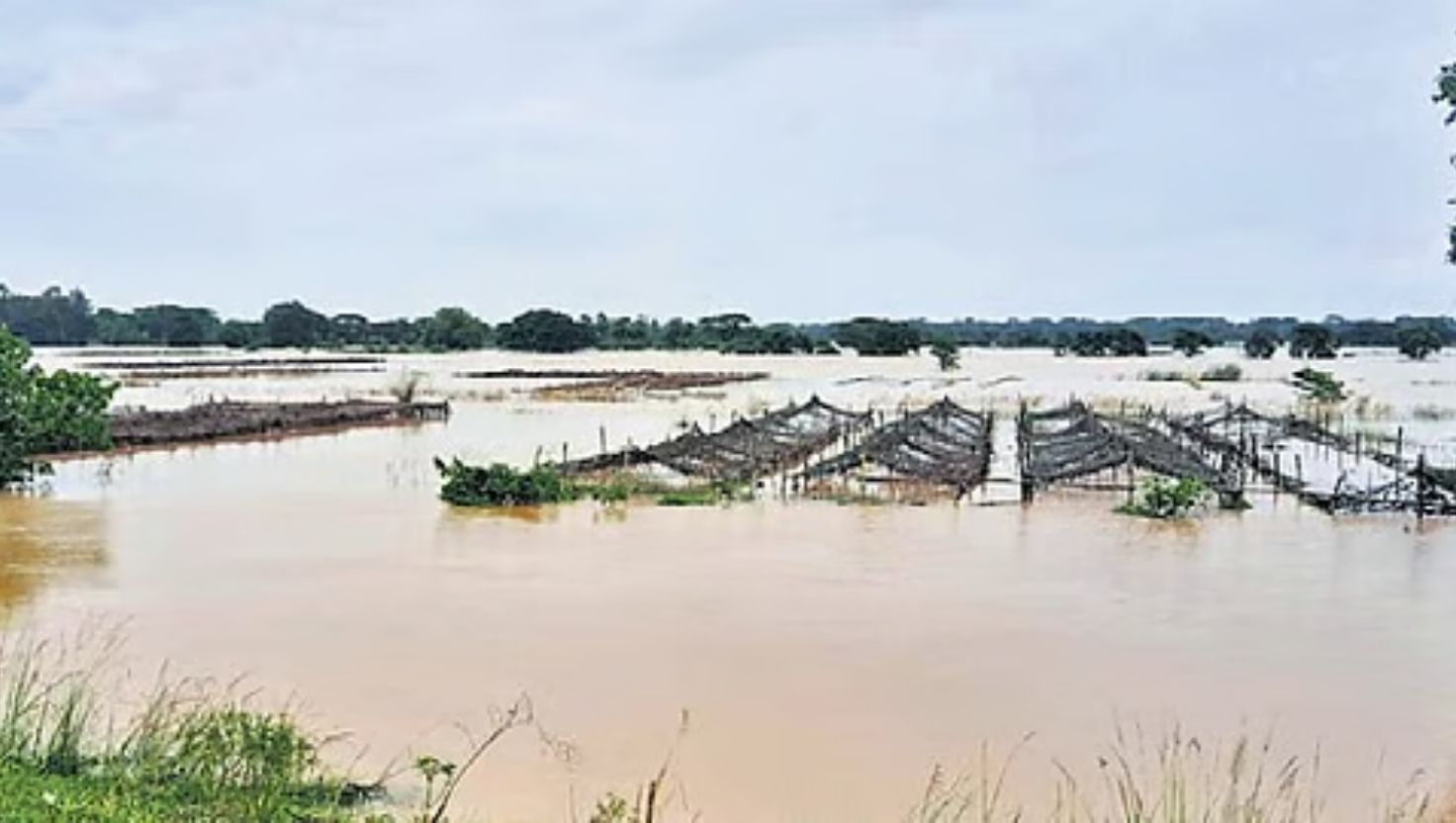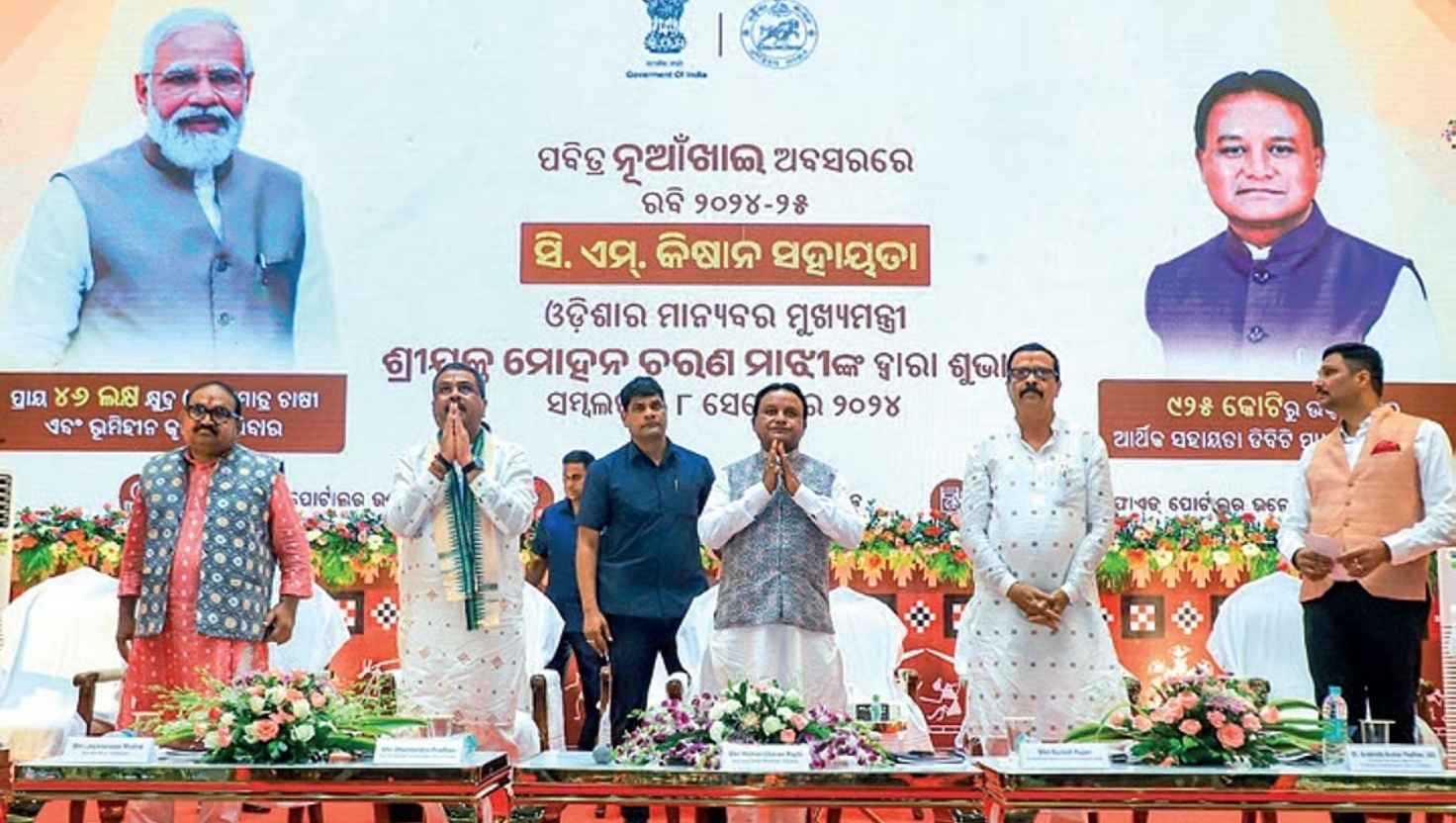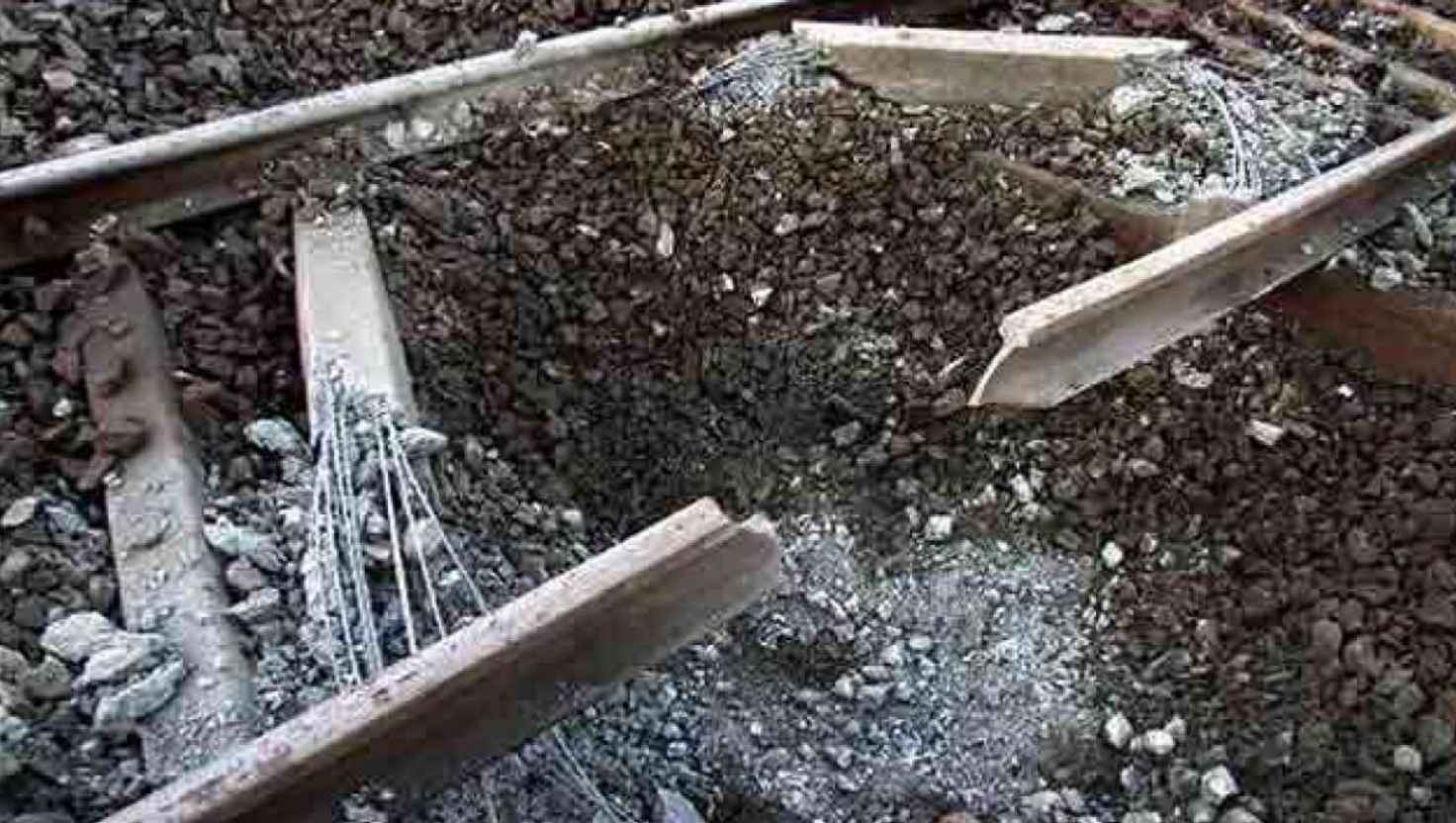BHUBANESWAR, India – A major expansion of a Vedanta Odisha project has been brought to a halt following intense protests and legal challenges led by indigenous tribal communities. The plan to source bauxite from the Niyamgiri hills to supply the company’s alumina refinery has been indefinitely stalled, reigniting a decade-long conflict over land, resources, and tribal rights.
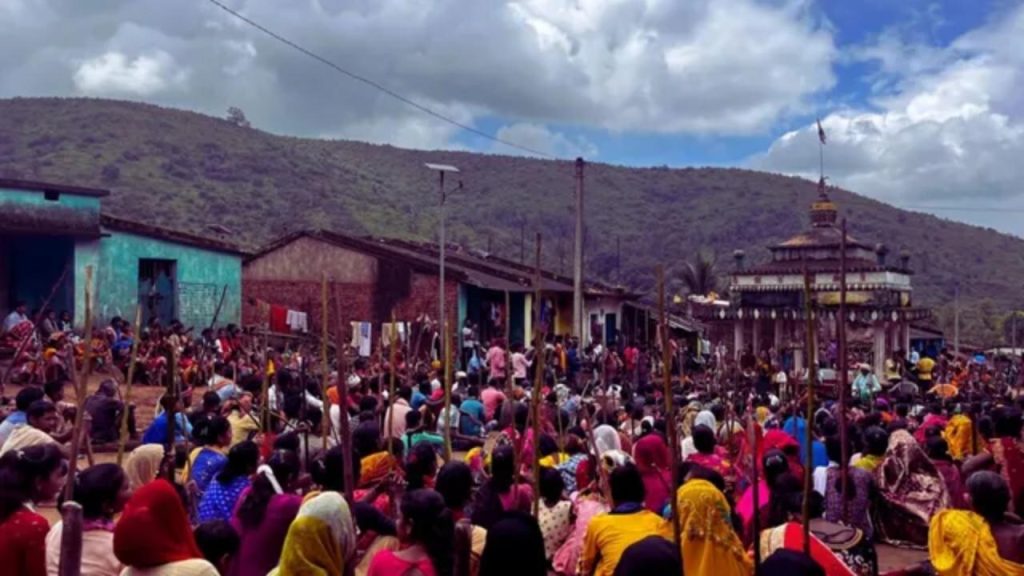
Vedanta’s Mega Project in Odisha Brought to a Screeching Halt
| Key Fact | Detail/Statistic |
| Project Halted | Mining operations in the Niyamgiri hills, crucial for Vedanta’s Lanjigarh refinery, are suspended. |
| Primary Stakeholders | Vedanta Resources, Odisha State Government, and the Dongria Kondh tribal community. |
| Core Issue | The Dongria Kondh consider the Niyamgiri hills sacred, while Vedanta sees it as a vital source of bauxite mining. |
| Economic Impact | The Lanjigarh refinery, with a capacity of 2 million tonnes per annum, faces raw material shortages. |
Project Stalled Amidst Mounting Opposition
The latest flashpoint in the long-running dispute came after the Vedanta Limited subsidiary sought fresh environmental clearances to expand its operations. However, a coordinated campaign of on-the-ground protests by thousands of Dongria Kondh tribe members and legal petitions filed by environmental groups forced the state government to suspend all preparatory activities.
“We will not give up our god, our mountain, for any amount of money,” said Lodo Sikaka, a prominent leader of the Dongria Kondh community, in a statement reported by local media. “This is a fight for our identity and our survival.”
The state government’s decision to halt the project follows a directive from the Ministry of Environment, Forest and Climate Change (MoEFCC), which has ordered a review of the project’s compliance with environmental and forest rights laws.

The Core of the Conflict: Niyamgiri Hills and Bauxite Mining
At the heart of the issue is the Niyamgiri hills, a lush, biodiverse mountain range that the Dongria Kondh tribe considers sacred. The tribe, a Particularly Vulnerable Tribal Group, worships the mountain peak, Niyam Raja, as their supreme deity.
For Vedanta Resources, a diversified global natural resources company, these same hills hold an estimated 72 million tonnes of high-quality bauxite. This mineral is the primary raw material for producing alumina, which is then smelted to create aluminum. The company’s nearby Lanjigarh refinery was built with the assumption that it would be supplied by bauxite from these hills. Without a local source, the refinery operates at reduced capacity, relying on more expensive bauxite transported from other states and countries.
A spokesperson for Vedanta stated, “We are committed to sustainable development and have always operated in compliance with the law. The project promises significant economic development for the region, including employment and infrastructure, which will benefit all communities.” The company maintains that its operations adhere to the highest environmental standards.
Voices from the Community: Tribal Rights at Stake
Activists and tribal leaders argue that the Vedanta Odisha project violates the Forest Rights Act (FRA) of 2006. This landmark Indian law recognizes the rights of tribal communities to their ancestral lands and resources.
“The FRA is explicitly designed to protect communities like the Dongria Kondh from being displaced,” said Dr. Meena Gupta, a policy analyst focused on indigenous rights, in an interview. “The law empowers the Gram Sabha, or village council, to approve or reject any project that impacts their traditional lands.”
In 2013, in a historic referendum ordered by India’s Supreme Court, all twelve Dongria Kondh village councils unanimously voted against Vedanta’s mining proposal. This decision was hailed internationally as a major victory for indigenous rights over corporate interests. Critics now accuse the government and the company of attempting to bypass that verdict.
A History of Legal Battles and Activism
The conflict is not new. It has been a subject of international scrutiny for over a decade, attracting the attention of human rights organizations like Amnesty International and Survival International. Past investors, including the Church of England and the Norwegian government’s pension fund, divested from Vedanta citing ethical concerns over the treatment of the Dongria Kondh.
The current halt is the latest chapter in this protracted struggle. Environmental experts have also warned that bauxite mining in the Niyamgiri hills could have devastating consequences. The hills are the source of numerous perennial streams that water the plains below, supporting the livelihoods of hundreds of thousands of people beyond the tribal communities.
As legal challenges proceed, the future of the Vedanta Odisha project remains uncertain. The standoff highlights a larger national and global debate: how to balance industrial development and economic growth with the protection of environmental resources and the rights of indigenous peoples. The outcome will likely set a significant precedent for similar conflicts across India.
Coal Mining Threatens to Further Displace Odisha’s Elephant Population
Odisha Mining Corporation Sets Sights on 50 Million Tonnes of Mineral Output in 2025–26
FAQs
1. Who are the Dongria Kondh?
The Dongria Kondh are an indigenous tribal group residing in the Niyamgiri hills of Odisha, India. They are designated as a Particularly Vulnerable Tribal Group (PVTG) and have a deep cultural and religious connection to the Niyamgiri mountain, which they worship as their supreme deity.
2. What is bauxite used for?
Bauxite is the primary ore used to produce alumina (aluminum oxide). Alumina is then processed through smelting to produce aluminum, a lightweight and versatile metal used in a vast range of industries, including transportation, packaging, construction, and electronics.
3. What is the Forest Rights Act (FRA), 2006?
The Scheduled Tribes and Other Traditional Forest Dwellers (Recognition of Forest Rights) Act, 2006, is a key piece of Indian legislation. It recognizes and vests forest rights and occupation in forest-dwelling scheduled tribes and other traditional forest dwellers who have been residing in such forests for generations but whose rights could not be recorded. It gives local communities, through the village council (Gram Sabha), the power to protect their traditional lands.

